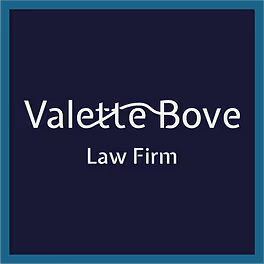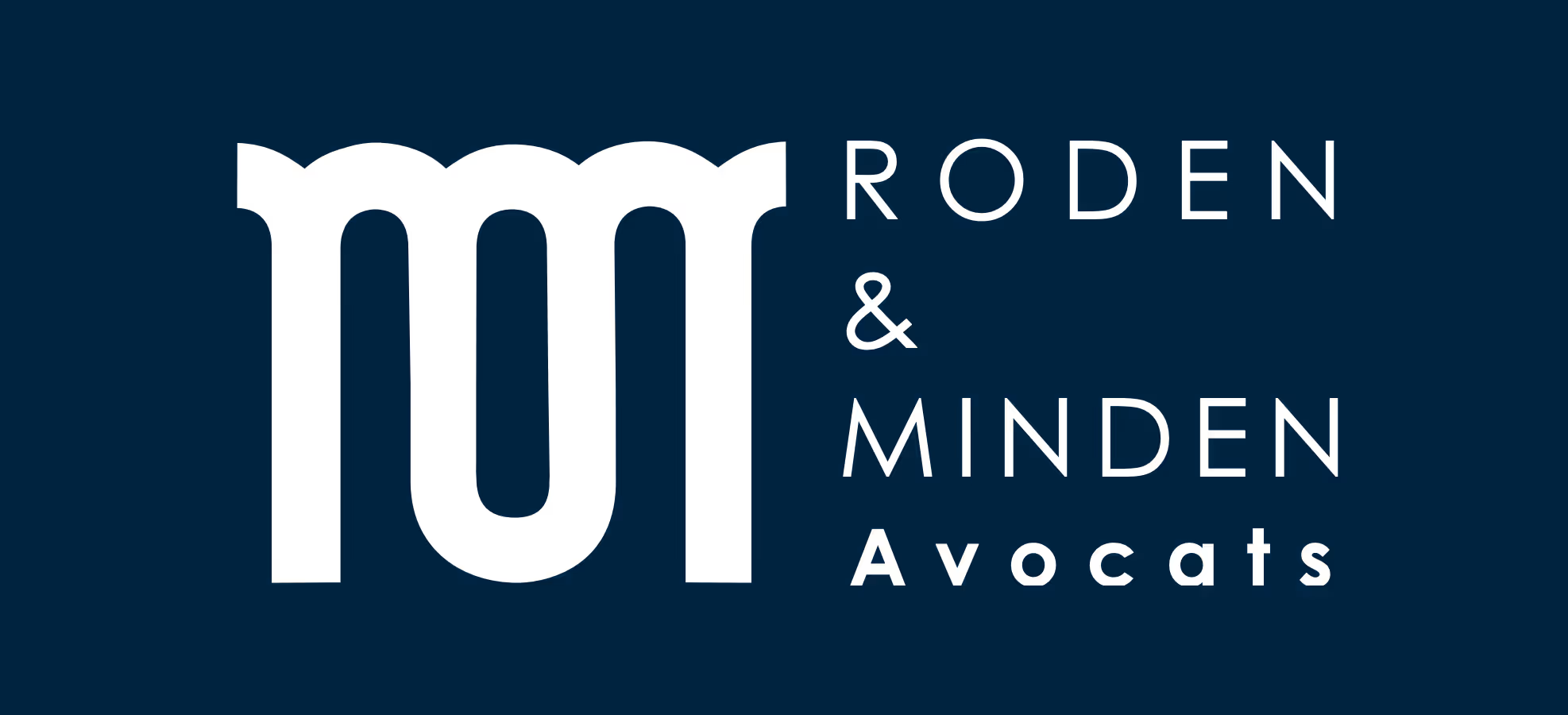Debt Collection Agency in Luxembourg - No Win, No Fee
Your claims are handled exclusively by Etude Roden & Minden, our licensed Luxembourg law firm (recouvrement de creances) with 70+ years of expertise and three former Bar Presidents.

Why Choose Debitura for Debt Collection in Luxembourg

Fast, simple and risk-free debt collection in Luxembourg
Debitura connects you with Etude Roden & Minden, a Luxembourg City-based law firm with 70+ years of expertise and admission to the Luxembourg Bar. The firm has produced three Bar Presidents (Batonniers) and was appointed liquidator for BCCI Luxembourg.
- Risk-free: Pay only when we recover your money.
- Quick setup: Submit invoices in a few clicks.
- Real-time tracking: Monitor progress live in one portal.
- Local expertise: Licensed Luxembourg attorneys handle everything.

Start collecting your Luxembourg debt in 3 steps
- Upload your claim: Enter debtor details and upload your invoice through our secure dashboard. Takes under 2 minutes.
- We assign your case: Your claim is routed to Etude Roden & Minden, who contact your debtor within 24 hours in French, German, or Luxembourgish.
- Track and recover: Monitor real-time updates in your dashboard. Pay only when funds are collected.
Already using an ERP system? Connect Debitura via API or Zapier to automate claim submission and sync payment status directly with your accounting software.


Transparent success-based pricing in Luxembourg
With Debitura, you never pay unless we recover your money. Our No Win, No Fee model means zero financial risk for your business.
- No upfront fees: Start your claim at zero cost.
- No subscription: Pay only when collection succeeds.
- No hidden charges: One transparent success fee.
- Competitive rates: Lower fees for larger claims.

Fast, simple and risk-free debt collection in Luxembourg
Debitura connects you with Etude Roden & Minden, a Luxembourg City-based law firm with 70+ years of expertise and admission to the Luxembourg Bar. The firm has produced three Bar Presidents (Batonniers) and was appointed liquidator for BCCI Luxembourg.
- Risk-free: Pay only when we recover your money.
- Quick setup: Submit invoices in a few clicks.
- Real-time tracking: Monitor progress live in one portal.
- Local expertise: Licensed Luxembourg attorneys handle everything.
Debt Collection Process in Luxembourg - Clear, Fast and Fully Managed
Why you can trust this guide
At Debitura, we uphold the highest standards of impartiality and precision to bring you comprehensive guides on international debt collection. Our editorial team boasts over a decade of specialized experience in this domain.
Questions or feedback? Email us at contact@debitura.com — we update this guide based on your input.
Debitura By the Numbers:
- 10+ years focused on international debt collection
- 100+ local attorneys in our partner network
- $100M+ recovered for clients in the last 18 months
- 4.9/5 average rating from 621 reviews
Expert-led, locally validated
Written by Robin Tam (16 years in global B2B debt recovery). Every page is reviewed by top local attorneys to ensure legal accuracy and practical steps you can use.
Contributing local experts:
Last updated:
From first contact to final recovery, your Luxembourg debt collection follows a proven four-stage journey. Most commercial debts resolve during amicable collection (recouvrement amiable), with legal escalation available only if needed and always under your control.
- 30-year limitation period for contract claims under Luxembourg Civil Code Article 2262
- B2B late interest at ECB + 8% (currently 10.15%) plus EUR 40 fixed compensation
- Legal escalation available through payment order (ordonnance de paiement) if debtor does not respond
- Enforcement via huissier de justice (bailiff) for wage garnishment, bank seizure, or asset auction
Step 1: Claim submission and verification 📤
Your debt collection case begins the moment you upload your claim to Debitura. Etude Roden & Minden reviews your documentation to confirm the debt is valid and enforceable under Luxembourg law.
- Submit invoices, contracts, and delivery confirmations through our secure portal.
- Confirm the claim falls within the 30-year limitation period under Civil Code Article 2262.
- Verify debtor details and calculate interest due under the Loi du 18 avril 2004.
⏳ Duration: 1-2 business days
Step 2: Amicable collection (recouvrement amiable) 🤝
Etude Roden & Minden contacts your debtor in French, German, Luxembourgish, or English to demand payment. Most commercial disputes resolve at this stage without court involvement.
- First contact within 24 hours of case assignment.
- Formal demand letter (mise en demeure) sent by registered post.
- Negotiate payment plans where appropriate to maximize recovery.
- B2B claims automatically accrue interest at ECB + 8% (10.15% H2 2025) plus EUR 40 fixed compensation under Article 5 of the Late Payment Law.
⏳ Duration: 2-8 weeks
Step 3: Legal escalation (ordonnance de paiement) 🏦
If the debtor refuses to pay, Debitura sources up to 3 fixed-price quotes from vetted Luxembourg law firms for court action. You review the quotes and decide whether to proceed.
- Claims up to EUR 15,000: Justice de Paix handles via simplified payment order procedure.
- Claims over EUR 15,000: Tribunal d'arrondissement handles via written application.
- Debtor has 30 days to object (contredit); if no objection, enforcement order issued.
- No fixed court fees for civil actions; only bailiff service costs (EUR 165 under EU Regulation).
⏳ Duration: 1-3 months for uncontested claims
Step 4: Enforcement (execution forcee) ⚖️
Once you have a court judgment or enforceable title, a huissier de justice (bailiff) executes the order. Luxembourg judgments remain enforceable for 30 years.
- Wage garnishment (saisie-arret sur remunerations): Justice de Paix authorizes monthly deductions from debtor salary.
- Bank account seizure (saisie-arret): Court order freezes debtor funds.
- Asset seizure (saisie-execution): Bailiff inventories and auctions movable property.
- Property seizure (saisie immobiliere): Judicial mortgage and forced sale for larger debts.
⏳Duration: Variable depending on debtor assets and cooperation
Throughout every stage, you maintain full visibility via your Debitura dashboard. Your dedicated contact at Etude Roden & Minden provides updates and guidance, while you retain complete control over whether to escalate or negotiate.
Debt Collection Costs in Luxembourg - Transparent, Success-Based Pricing
You only pay if your money is recovered. No upfront fees, no subscriptions.
- No upfront fees or retainers required
- Success fees from 6% for large European claims
- Quote-based legal action with no obligation to proceed
- Etude Roden & Minden invoices in EUR after recovery
Pre-legal collection fees
Debitura operates on a pure success-fee basis. You pay nothing unless we recover your money. Our European rates (applicable to Luxembourg) are among the most competitive available:
- Claims USD 100 to USD 999: 20%
- Claims USD 1,000 to USD 149,999: 9.5%
- Claims above USD 150,000: 6%
Fee tier thresholds are calculated in USD at the time of collection. Etude Roden & Minden invoices in EUR and deducts the success fee before remitting the recovered amount to you.
Optional legal action
If amicable collection does not succeed, Debitura sources up to 3 fixed-price quotes from vetted Luxembourg firms for court proceedings. You review each offer and decide whether to proceed - there is no obligation.
- Legal quotes cover court filing, representation, and enforcement.
- Luxembourg has no fixed court fees for civil claims; primary costs are bailiff service (EUR 165 under EU Regulation) and attorney fees.
- Losing party ordered to pay costs under Article 238 NCPC.
- B2B creditors can recover reasonable collection costs beyond the EUR 40 fixed compensation under Article 5(3) of the Late Payment Law.
View our complete pricing at our pricing page
Who We Help with Debt Collection in Luxembourg
Luxembourg is home to major financial institutions and serves as a hub for cross-border European trade. When a Luxembourg debtor does not pay, language barriers and unfamiliar legal procedures can delay recovery. Etude Roden & Minden, with 70+ years of local expertise, navigates these challenges for you.
SMEs and Growing Businesses
- Exporters, manufacturers, and service providers with unpaid invoices from Luxembourg customers.
- Finance teams managing a handful of overdue accounts without dedicated collections staff.
- Ideal for: Business owners, AR clerks, and finance leads seeking fast resolution with zero upfront cost.
Enterprises and Multinationals
- Companies with subsidiaries, customers, or partners in Luxembourg who require consistent global oversight.
- Credit control and treasury teams needing one dashboard, one contract, and unified KPIs across markets.
- Ideal for: CFOs, Credit Managers, and AR Directors requiring API/ERP integrations and real-time reporting.
International Creditors
- Businesses from Germany, Belgium, France, and the Netherlands with Luxembourg debtors.
- Companies outside the EU needing a compliant, local partner to enforce claims in Luxembourg courts.
- Ideal for: Finance professionals handling cross-border receivables who want a single global platform.
Our Luxembourg and International Expertise 🌍
Debitura connects you with 500+ vetted collection partners across 183 countries and jurisdictions. In Luxembourg, your claims are handled by Etude Roden & Minden, admitted to the Luxembourg Bar since 1954.
Beyond Luxembourg, our network spans the EU (all 27 member states plus Iceland, Liechtenstein, Norway, Switzerland, and the UK), Asia-Pacific, the Americas, the Middle East, and Africa. Whether your debtor is in neighboring Belgium, Germany, or France, or across the globe in the United States, China, or Australia, one contract and one dashboard give you unified access to local expertise everywhere.
Tech-Enabled Debt Collection in Luxembourg - ERP, API, AI and Secure Integrations
Managing cross-border receivables across fragmented systems wastes time and increases risk. Debitura consolidates your global collections - including Luxembourg - into a single platform. With Etude Roden & Minden handling local recovery, you gain:
- ERP integrations: Connect SAP, Oracle, Microsoft Dynamics, and other systems to automate claim submission.
- API access: Build custom workflows with our RESTful API for real-time data sync.
- Zapier connectivity: Link 5,000+ apps to trigger actions without code.
- AI-powered insights: Predictive analytics help prioritize high-recovery claims.
- Bank-grade security: SOC 2 Type II compliant, GDPR adherent, encrypted data at rest and in transit.
- Credit checks: Assess debtor solvency before escalating to legal action.
Find a Local Debt Collection Lawyer
Need court-ready representation? Share your case once and receive up to three proposals from vetted litigation attorneys—free, fast, and with no commitment.
- Verified specialists
- Quotes in 24 h, no hidden fees
- Fair, pre-negotiated rates

CERNO is a premier law firm in Luxembourg offering effective Debt Collection services in Luxembourg, positioning itself as the go-to partner for debt recovery since 2013, with memberships in the European Immigration Lawyers Network and AEA International Lawyers Network, serving 124 countries worldwide.

Valette Bove Law Firm is a premier law firm in Luxembourg offering effective Debt Collection services in Luxembourg, positioning the firm as the go-to partner for debt recovery with accolades from Leaders League and membership in IPBA and UAE.

Roden & Minden is a premier law firm in Luxembourg offering effective risk-free debt collection services, positioning itself as the go-to partner for debt recovery since 1954, with a No Cure No Pay model as Debitura's exclusive partner, adhering to Debitura's risk-free standard terms and pricing.





.svg)

.webp)
.png)

.png)
.svg)












.webp)